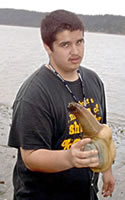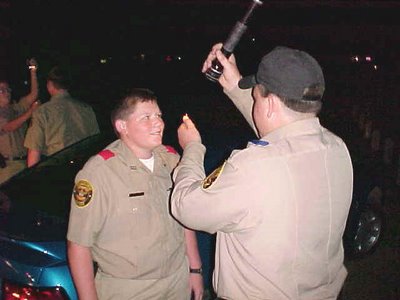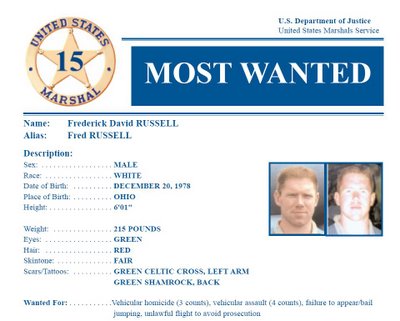The Supreme Court heard oral argument yesterday in Massachusetts v. EPA (05-1120), a case brought by states and environmental groups trying to force the federal government to regulate emissions of greenhouse gases. Supreme Court divided on greenhouse gases?, Seattle Times, Nov. 30, 2006.
Massachusetts gets top billing, but there are lots of states involved:
Petitioners include:
- States: MA, CA, CT, IL, ME, NJ, NM, NY, OR, RI, VT, WA.
- Other governments: DC, American
Samoa, New York City, Baltimore. - Environmental groups: Ctr. for Biological Diversity, Ctr. for Food Safety, Conservation Law Found., Env't'l Advocates, Environmental Defense, Friends of the Earth, Greenpeace, Int'l Ctr. for Technology
Assessment, Nat'l Env't'l Trust, Natural Resources Defense Council, Sierra Club, Union of Concerned Scientists, and U.S. Public Interest Research Group.
- EPA
- States: MI, AK, ID, KS, NE, ND, OH, SD, TX, UT (intervenors below).
- Industry and trade groups: Alliance of Automobile Manufacturers, Nat'l Automobile Dealers Ass'n, Engine Mfrs Ass'n, Truck Mfrs Ass'n, CO2 Litigation Group, Utility Air Regulatory Group.

Basic map from Ben's Guide to U.S. Government for Kids. Wanting to avoid the red state/blue state cliche (and rejecting green for environmentalists and gray for polluters), I chose pink for petitioners. Yellow made a nice contrast, so that's the color for respondents. See a pattern?
The merits briefs are available on the web. (They're linked from the Supreme Court's website but maintained by the ABA.) The Massachusetts brief lists counsel for all the petitioners, including, for Washington, Attorney General Rob McKenna, Asst AG Leslie R. Seffern, and Deputy Solicitor General Jay D. Geck.
There's not a "trial" angle to this, since the case began in the Court of Appeals (D.C. Circuit). But it's an interesting case in the news, and at least we have a Washington connection. (Trial Ad Notes doesn't have to be rigid about the scope of its coverage, does it?) Here's the press release from when Washington (under then-Attorney General Gregoire) joined the case: State Challenges EPA Decision on Global Warming, Oct. 23, 2003.
Thanks: Nicole Tadano.



